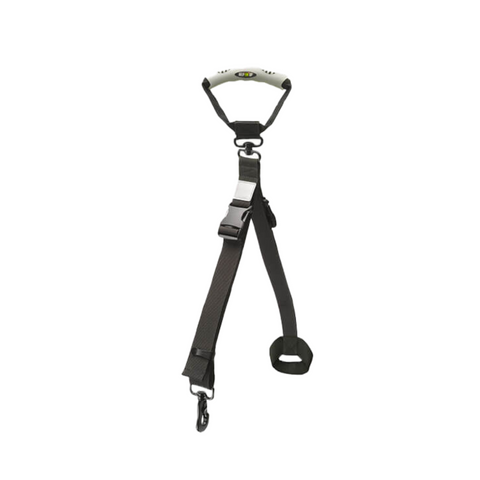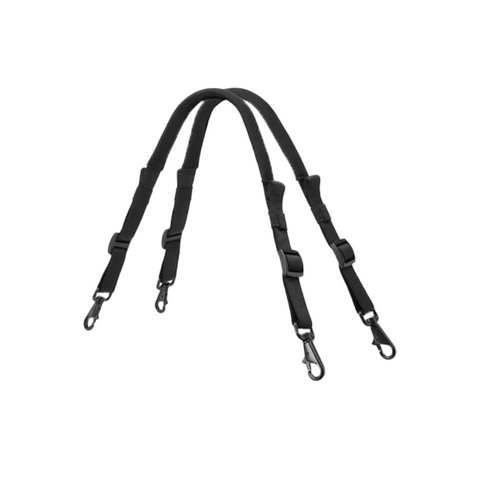If you live in an apartment or condo, you know that your neighbor’s barking dogs can be unnerving. As a good neighbor and responsible dog owner, there are some doggie and pet parent manners that are especially important when living in smaller, shared spaces.
For instance, do your neighbors complain that your dog howls all day when you are gone. It may be experiencing separation anxiety due to boredom. Many condos have even hired professional dog trainers to discuss with building managers and pet parents what constitutes normal dog behavior.
Barking
This is the #1 complaint registered by most apartment dwellers. The key is to figure out why the dog is barking. Although barking is a natural form of communication for a dog, dogs bark for many reasons — boredom and fear being the top two. Do you exercise your dog before you leave for the day and as soon as you come home? A tired dog is a happy dog! Is there a dependable dog walker in the area who can exercise him/her during the day?
Whining/Destruction
I have seen dogs who are anxious tear through dry wall to escape while their owners are gone. Sometimes they have spent a large amount of time with their pet parent and suddenly that person is called away. To help this situation, consider:
- Leaving an article of clothing that smells like you.
- When you leave or arrive home, stay calm. Don’t allow the dog to jump all over you. Pet your dog after he has quieted down.
- Play the radio or TV.
- Consider doggie daycare a couple of times during the week to burn off excess energy. Your dog will be more relaxed when at home.
- Install a camera so you can see your dog during the day and you can talk to him. The mere sound of your voice may calm him down.
- Get your dog used to being alone in smaller spurts. Practice short departures starting with just a few minutes, then 5 or 10 minutes, then a half hour, and so on. These departures can be practiced in one day or over a few days if your dog is not overly stressed during the departures.
Bored Dogs
Unless your dog is sitting on your lap, he wants something to do. Fill Kongs with treats or peanut butter and scatter them around the apartment so he must work to get them out rather than wolfing them down from a food bowl.
Aggression
Fear is the main reason dogs act aggressive. Try not to put yourself in situations where the dog can display aggression. For instance, if you are about to get on an elevator and your dog starts to snap, take the next one. If your dog acts calm in a situation you know may incite fear, give him praise. Early socialization or training will help dogs who display aggression.
Elimination
Would you dump your garbage in the hallway? Of course not. Therefore, it is respectful to pick up your dog poop.
Neighbors who don’t like dogs
Remember that not everyone loves dogs. Don’t let your dog climb or jump on people (or children).
According to the American Kennel Club, here are the best breeds for apartment dwellers:
- Bichon Frise
- Bedlington or Biewer terrier
- Bolognese
- Bulldog
- Cavalier King Charles Spaniel
- German Spitz
- Greyhound
- Havanese
- Maltese
- Pug
- Shih Tzu
- Yorkshire Terrier
It’s not the size of the space that matters as much as the energy level of the breed. For instance, Greyhounds are large dogs but don’t require as much exercise or a big back yard.



